It is associated with the metal element in TCM
In Traditional chinese medicine(TCM), sadness is associated with the organ of the lungs, and the metal element. This emotion is more difficult to live than joy, as it is often associated with losses, bereavements, or events experienced as painful.
And yet, sadness is part of the palette of human emotions, and must therefore be lived fully. Seeking to conceal it, or perceive it negatively, can only lead to a refoulement and eventually of energy imbalances. Conversely, experiencing sadness with too much intensity, or locking in it over time can also affect the energy balance and cause pathologies of the lungs, or even of the large intestine, the bowel associated with the metal element.
The ability to grieve, to feel and accept one’s sadness, to let one’s tears flow wisely, will therefore be the guarantee of a good balance of the metal element, and therefore of a harmonious functioning of the lung and the large intestine.
Lung function in TCM
The lungs are responsible for inhaling clean, oxygen-rich air, and releasing carbon dioxide and toxic waste. They regulate the air-inhaled Qi and distribute it throughout the body. They also contribute to the circulation of blood and Wei qi (protective qi). The lungs help the qi and fluids to descend into the intestines. They are responsible for the excretion of body fluids in the form of urine and sweat.
In TCM, the lungs also control the skin, regulating the opening and closing of pores and the activity of the sweat glands. For example, during exercise, or in hot weather, pores will open to allow perspiration. Conversely, in cold weather, or in case of wind, the pores will close to protect the body from these external aggressions.
The lung system also regulates the sinuses, bronchi, nose, throat, voice. On it depends the ability to feel and speak in a clear voice.
Lungs pathologies
Because the lung is closely connected to the heart, it also has an impact, with the heart, on the proper circulation of blood in the blood vessels. For the same reason, certain lung diseases can develop into heart disease.
The lung controlling breathing, a lung pathology may result in shortness of breath, coughing, a feeling of tightness in the chest, a lack of desire to speak, a weak voice, dyspnea, or even asthma.
Because the lung controls the skin and hair system, an imbalance can result in dry or flaccid skin, sparse or no shine. Because sweat glands are poorly controlled, spontaneous sweating, night sweats or hot flashes can result.
Lung in TCM is said to “open to the nose.” So colds, rhinitis, anosmia (disorders or loss of smell), can manifest in case of imbalance of the lung.
Finally, with the lung controlling the “water route,” a dysfunction of the lung can lead to oliguria (rare urine) or edema.
The Po or body soul
As the large intestine is the bowel associated with the lung in TCM in the metal element, poorly managed sadness can also lead to diarrhea or constipation.
On a subtle level, the lung houses the Po, or “body soul,” which is the most material part of the human soul. It allows sensations: hearing, sight, touch. It is thanks to her that we perceive the hot, the cold, the itching, the pain.
It is therefore particularly important to take care of our sadness, so that it does not cause lung pathologies.
Fulfilling your breathing
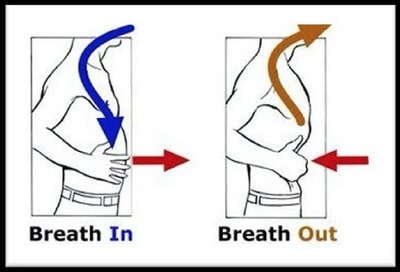 The body soul or Po is closely related to the breath. It is affected by emotions such as sadness or grief, which block its movements. One can then observe a short and superficial breath, a breathing localized in the upper part of the chest.
The body soul or Po is closely related to the breath. It is affected by emotions such as sadness or grief, which block its movements. One can then observe a short and superficial breath, a breathing localized in the upper part of the chest.
To take care of your health in general, and your lungs in particular, it is crucial to relearn how to breathe fully. The natural breathing of the newborn is abdominal. But the older we get, the more tensions and poorly managed emotions lead to a restriction of our breathing. Where we should be using the breath to fill up with energy, we hardly breathe enough to stay alive.
It is therefore essential to become aware of our breathing and to give it back all its mobility. To do this, we should practice abdominal breathing daily, breathing in and out as slowly as possible, in a relaxed manner. The practice of pranayama, in yoga, or the practice of qi gong, frees our breathing, thus allowing the Breath of Life to animate us fully!

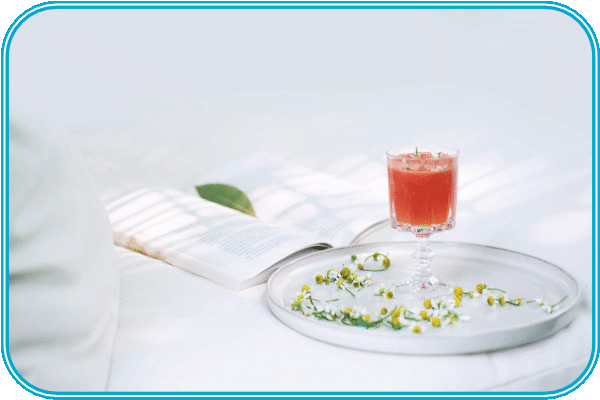
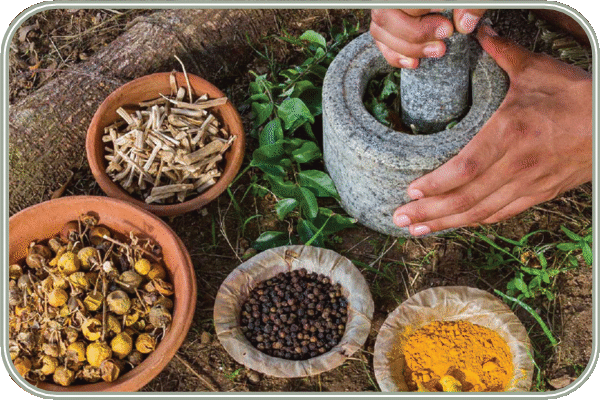
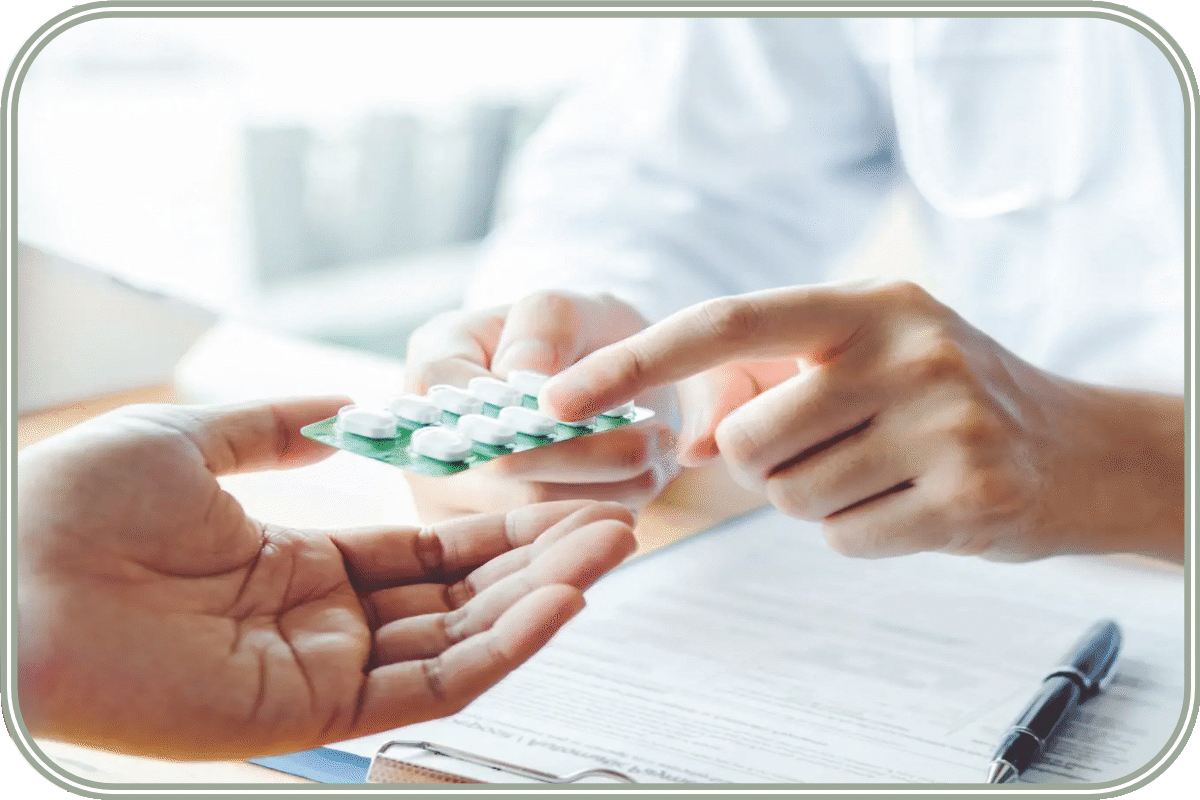
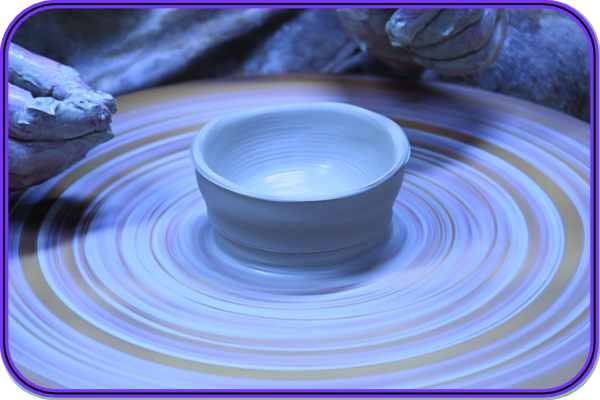
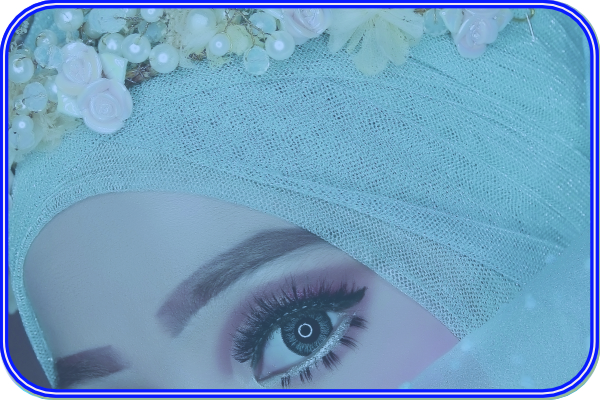

0 Comments